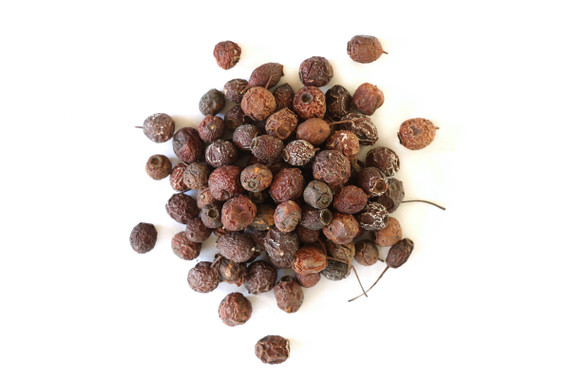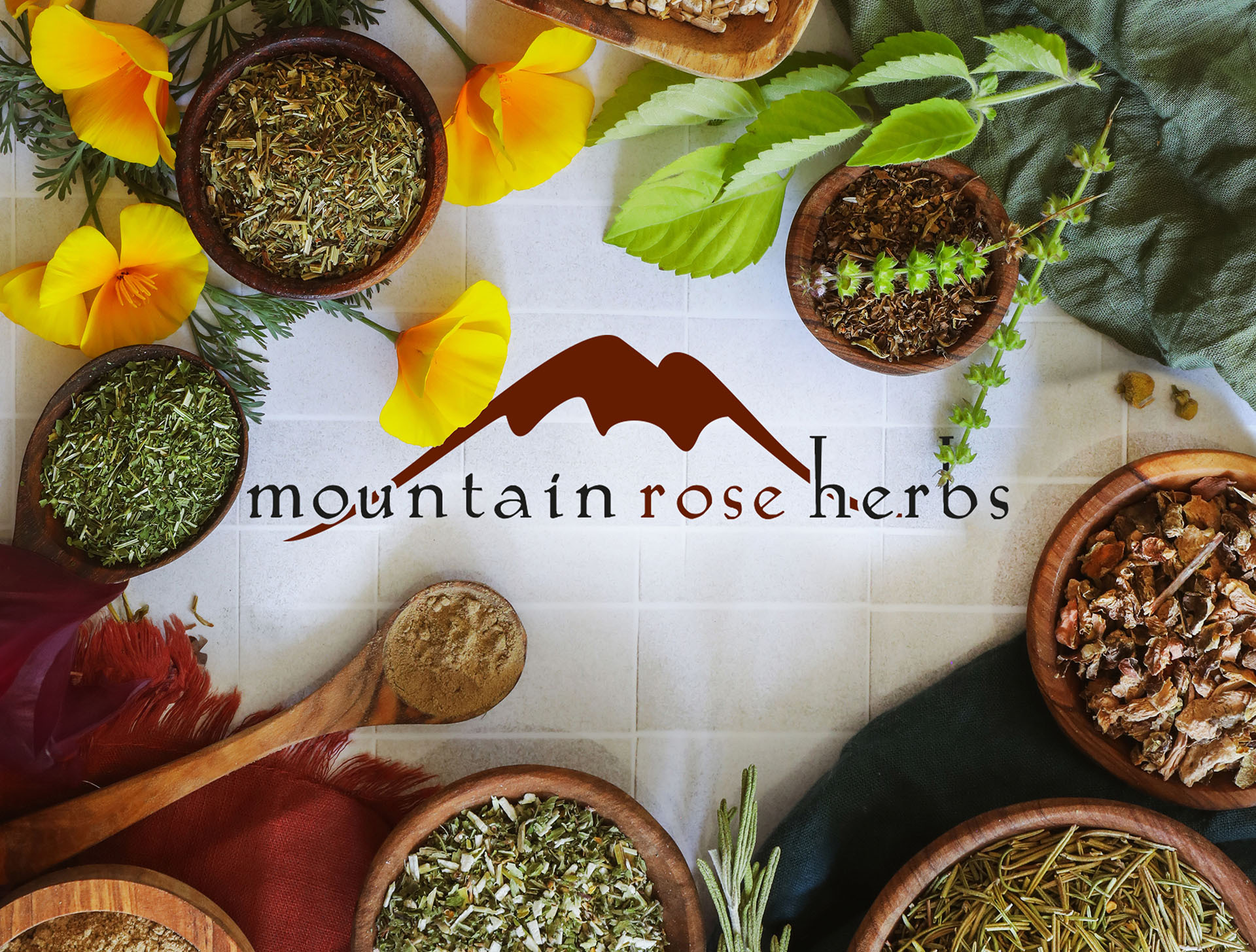Juniperus monosperma is a small, slow-growing tree native to the southwestern United States. This hardy tree is known as one-seed juniper and the females produce a small, waxy pod or “berry” that bears a single seed. Cedar berries were utilized in traditional herbal practices throughout the region and can be employed in topical applications, infusions, and teas. Occasionally, the berries are crushed and used sparingly as a culinary spice.
Juniperus monosperma, a member of the Cupressaceae family, has a long tradition in Native American medicine. This needle bearing tree is native to the Southwestern United States and covers nearly 3/4 of the state of New Mexico. A very hardy species, the cedar berry tree can grow in poor soil when and where other trees cannot. The one-seed juniper can grow to heights of 25 feet, and has flat, scale-like leaves and bluish-green berries. There are in fact two different types of cedar berry trees, one male and one female. Each has flowers, but only the female produces a small waxy pod with a single seed; this is what we consider the "berry." While the trees grow slowly, the berries reach maturity in one year. Many parts of the tree are used in traditional medicine, including a paste made of crushed berries. Among many other uses, juniper boughs and leaves were often burned to help purify the air, and the leaves and twigs can be used to make a green or brown dye.
Precautions
Not for use in pregnancy except under the supervision of a qualified healthcare practitioner. Use with caution in persons with inflammatory kidney disease. Not for use exceeding six weeks in succession. We recommend that you consult with a qualified healthcare practitioner before using herbal products, particularly if you are pregnant, nursing, or on any medications.
This information has not been evaluated by the Food and Drug Administration. This product is not intended to diagnose, treat, cure, or prevent any disease. For educational purposes only.








